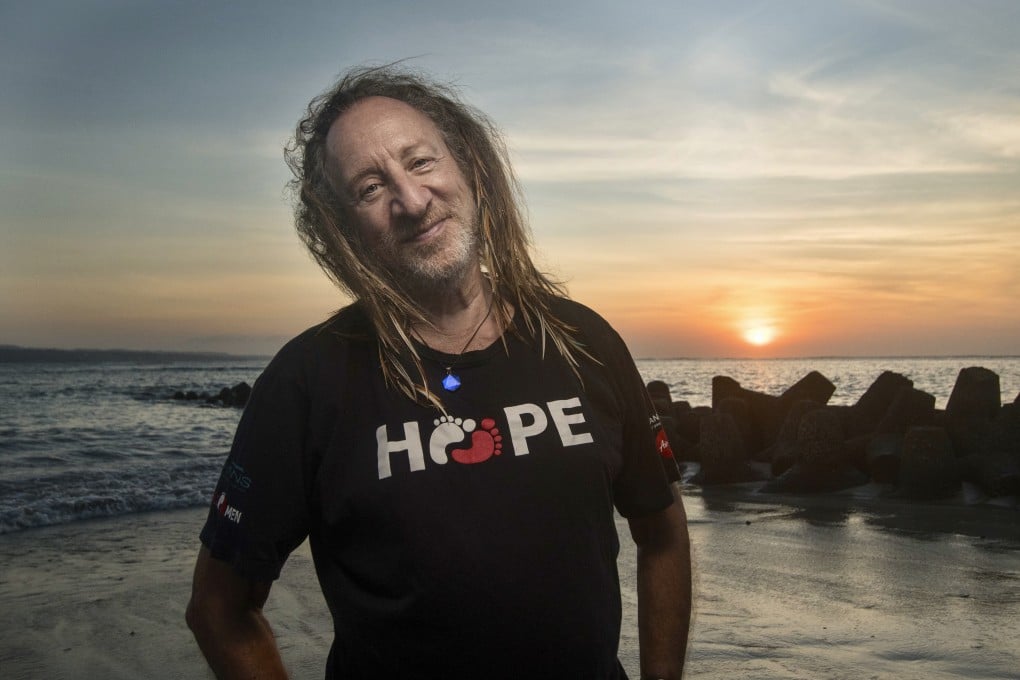How a British former fashion executive is working to end hunger in Bali
- Founder of charity Yayasan Solemen Indonesia, Robert Epstone’s mission is to find sustainable solutions to ending poverty in Bali
- Unable to travel to Kuala Lumpur for a lung biopsy, the Briton is looking to the future with hope

Generous beginnings: I was born in 1948 into a middle-class Jewish family in Leeds, in the UK. My mother was a concert pianist and organised fundraising concerts in the city. My father was a successful manufacturer who used all his wealth to buy a huge tract of land in Leeds where he built various sports centres and facilities for the public that are still there today; it’s known as the Prince Philip Playing Fields.
When my dad died, Prince Philip sent a handwritten letter to my mother saying what a great guy he was.
An eye for design: I studied textile management and design at the University of Leeds and after graduating I went to New York and San Francisco. People often mistook me for (Led Zeppelin lead singer) Robert Plant. When I returned home a few years later I joined a manufacturing company making uniforms for British Airways.
In 1975, I became the youngest ever member of the British Clothing Export Council and spent 30 years designing in England, France and Italy, and exporting high-end fashion to Asia, including my own Robert Epstone menswear label to Marui department stores in Japan. In 2000, I moved to Shanghai and became part of the opening up of China’s retail and apparel sector. It had the same feeling as Japan in the 1980s. Everything was there for the taking and I had no real competitors.
I made millions of dollars for friends like Vivienne Westwood and the Marui group but I never made any real money for myself because I rarely signed contracts
Easy come, easy go: I made millions of dollars for friends like Vivienne Westwood and the Marui group but I never made any real money for myself because I rarely signed contracts. My biggest blunder took place in the mid-80s, when I set up a deal with Richard Branson. I called him out of the blue and when his assistant offered to take a message, I told him it was urgent and that if Mr Branson didn’t return my call in five minutes, his job would be on the line. I read somewhere you can use this trick to meet just about anyone.